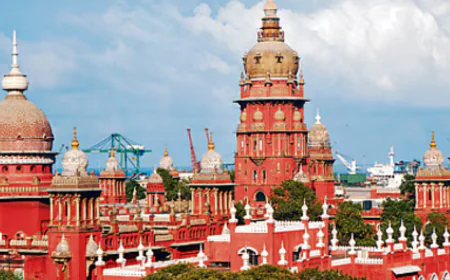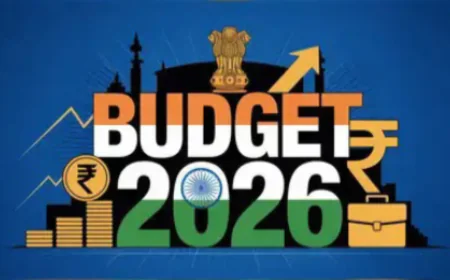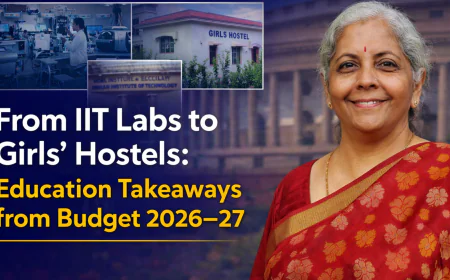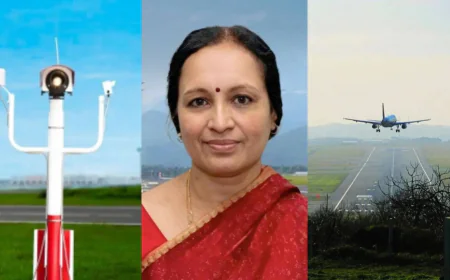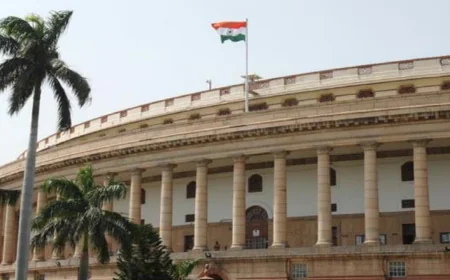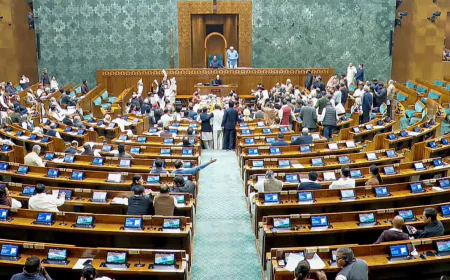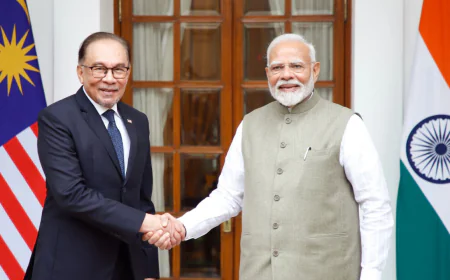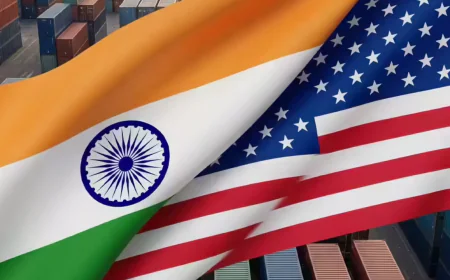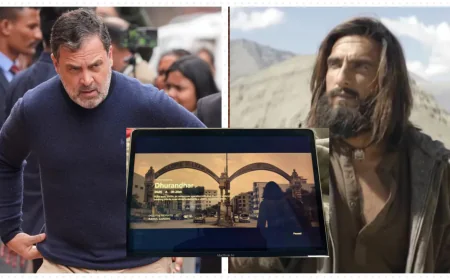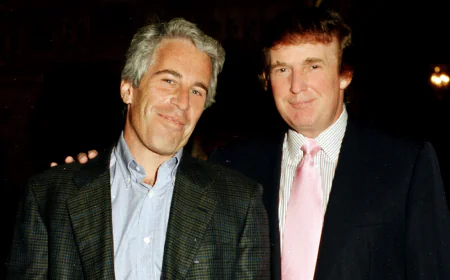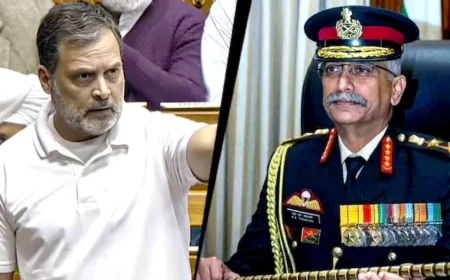“National Security vs. Civil Liberties”
As governments strengthen counter-terrorism laws to protect citizens, a growing concern emerges: are these measures preserving security, or quietly dismantling the freedoms they claim to protect? This article explores the delicate balance between national safety and civil liberties.
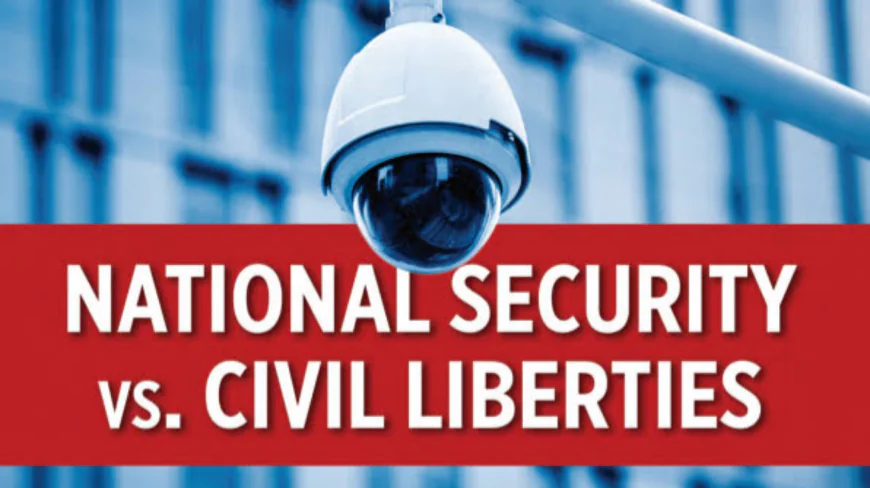
National Security or Silent Suppression?
In an age marked by rising global threats from terrorism to cyber warfare nations around the world are tightening security measures. While safeguarding citizens is a government’s primary duty, the approach often walks a fine line between protection and suppression.
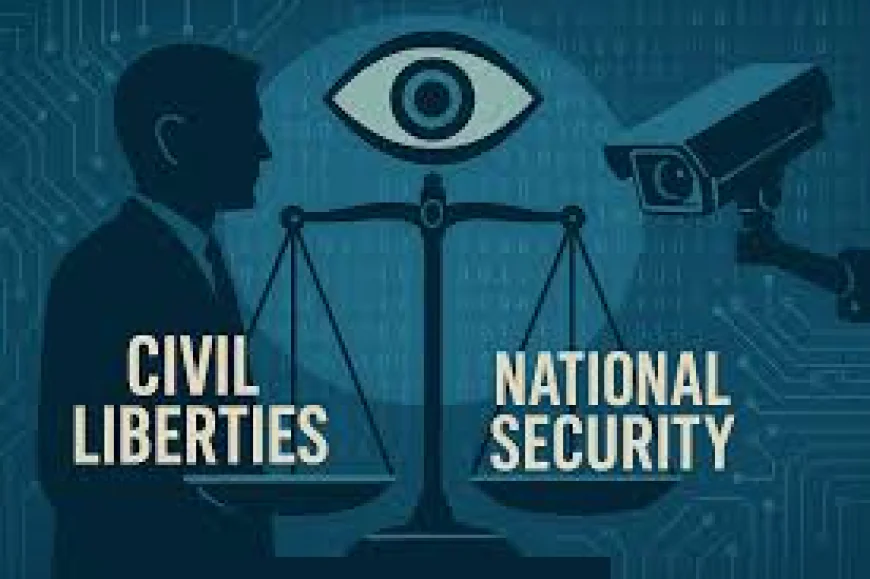
New counter-terrorism laws, often passed quickly in response to incidents, grant sweeping powers to law enforcement and intelligence agencies. These include expanded surveillance, longer detentions without trial, and restrictions on public gatherings. Supporters argue such tools are vital for preempting attacks. Critics warn they chip away at democratic freedoms, often disproportionately affecting minorities and dissenters.
Freedom of Speech Under Pressure
Protests have historically been a core element of democratic expression. Yet in recent years, many peaceful demonstrators have faced aggressive policing and legal consequences. Governments cite national security concerns to justify these crackdowns. However, civil rights advocates fear a growing trend where protest is rebranded as a threat, rather than a right.
In some nations, speaking out against the government online can even result in arrest raising the question: when does fighting extremism become silencing criticism?
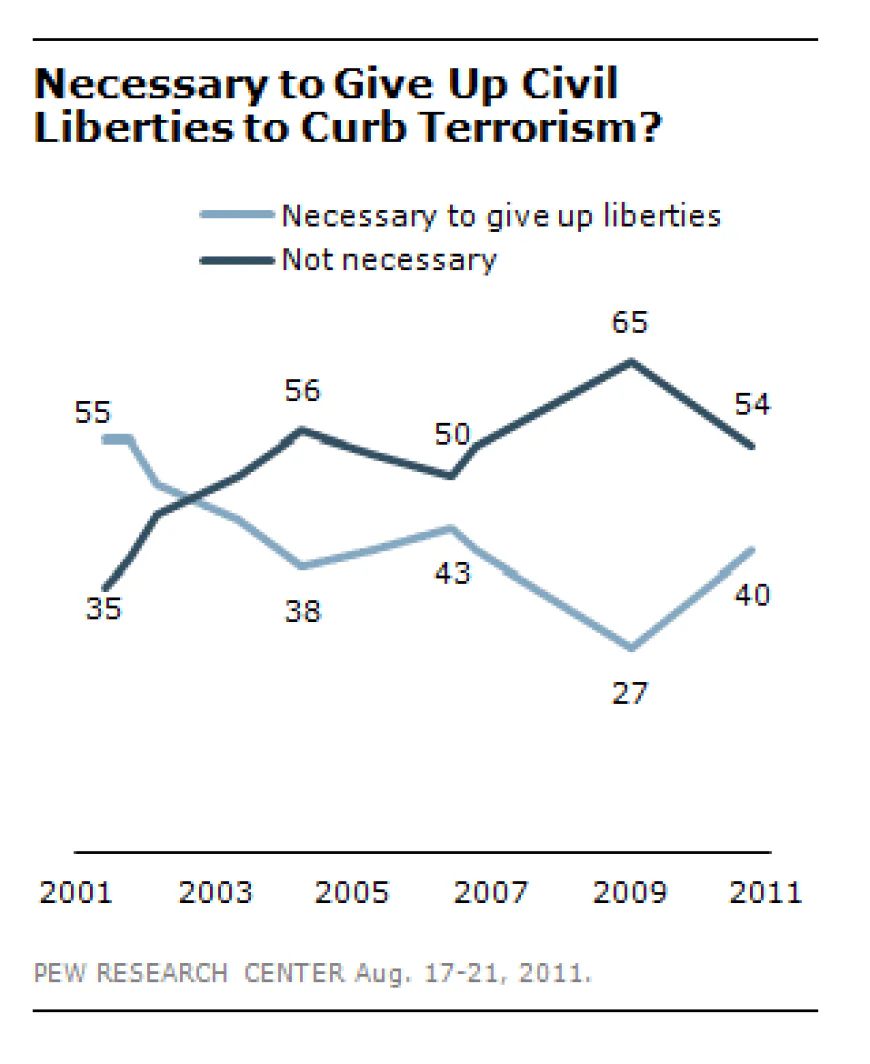
A Shrinking Space for Civil Liberties
The use of surveillance technologies, including facial recognition and digital tracking, has expanded with little transparency. Citizens often remain unaware of how much of their private data is monitored under the banner of “security.” Once normal checks and balances erode, there’s little to stop these measures from being misused.
Finding the Balance
Security and liberty don’t have to be opposing forces. Effective policy can and should ensure both. Transparency, judicial oversight, and public debate are essential to prevent misuse of power. Citizens must be informed and involved so that fear does not become a tool to justify oppression.
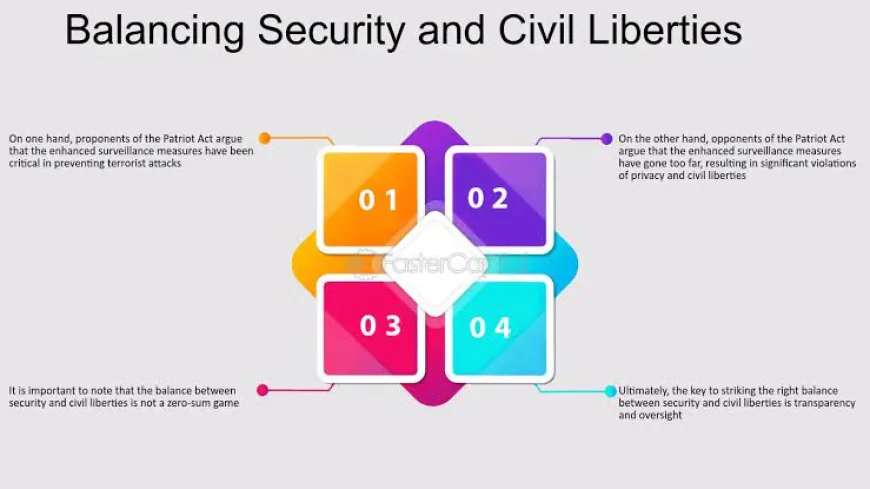
Conclusion
Protecting a nation shouldn’t come at the cost of its democratic soul. As laws evolve to meet new threats, so must our vigilance to ensure that freedom, not fear, remains the foundation of national security.


